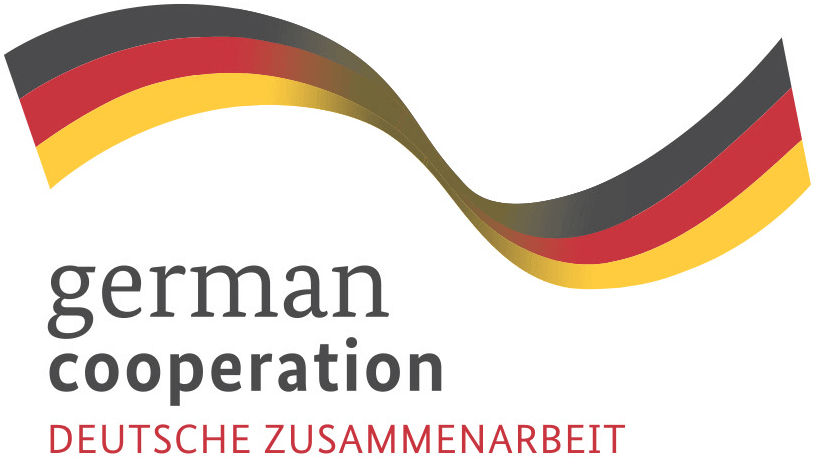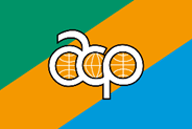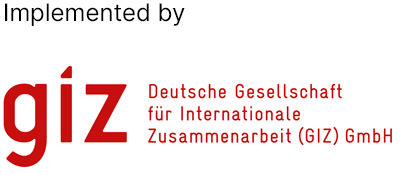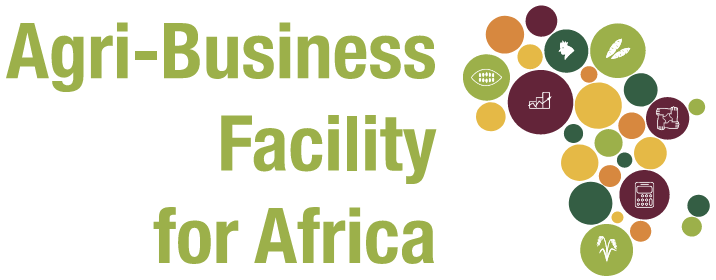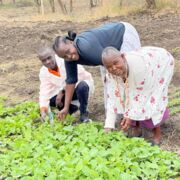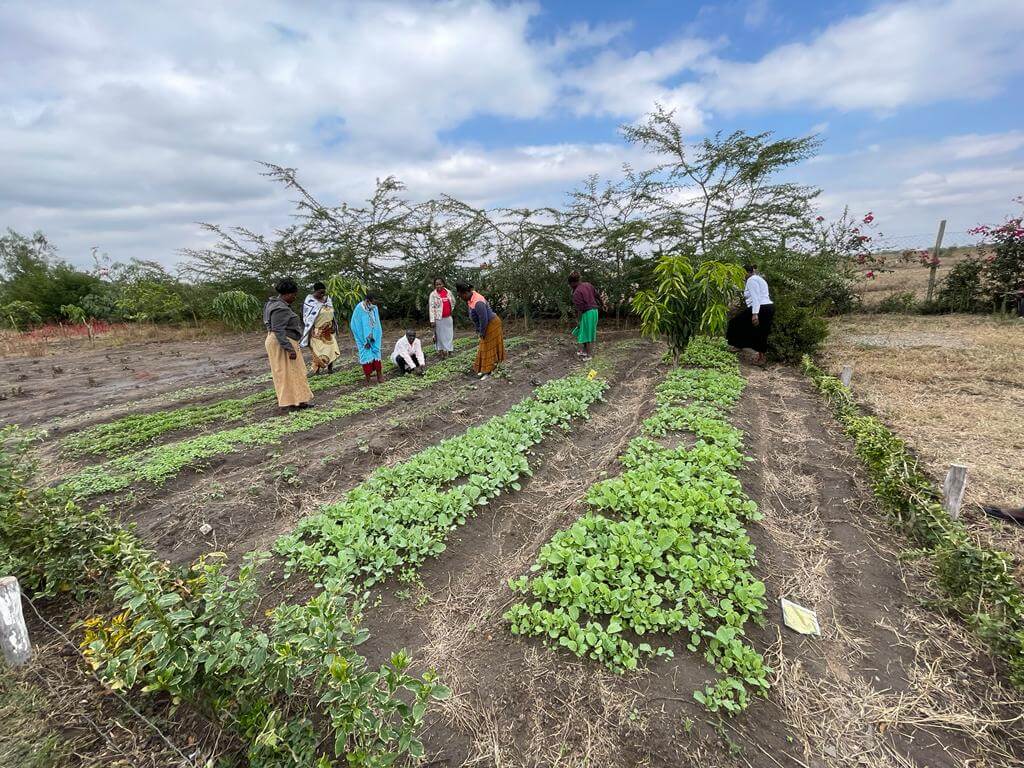Vocational training for agribusiness
Needs assessment showed that skills on agricultural entrepreneurship and economics are missing in the agricultural sector. Therefore, we cooperated directly with Agriculture Technical Vocational Education and Training (ATVET) institutions from 2021 until end of May 2023 with the aim to qualify them as multipliers for tried-and-tested agribusiness training approaches to foster growth and job creation in the agribusiness sector.
The process
We chose our ATVET partners during a competitive selection process in 2020. Our implementing partners recommended 85 ATVETs to apply for the partnership with us and 25 institutions actually applied. After having pre-selected 14 institutions and virtually conducted interviews with the support of an international jury, we chose the final 8 implementing partners. Those 8 institutions will network with other ATVETs in form of a South-South exchange and upgrade those as well.
Please click on the respective country to be forwarded to the institution‘s web presence.
Legal disclaimer: This geographical map is for informational purposes only and does not constitute recognition of international boundaries or regions; GIZ makes no claims concerning the validity, accuracy or completeness of the maps nor assumes any liability resulting from the use of the information therein.
Building on their self-assessment, we developed a roadmap and agribusiness upgrading strategy for teachers with our partners covering 8 topics:

Upgrading trainings of teachers and subsequent simulation trainings by the upgraded ATVET trainers delivered to their fellows were conducted online. We supported this process with expert knowledge, feedback, and some funding to upgrade particularly training and digital facilities. From October 2021 onwards we finally were able to meet our partners in person! Together we worked on upscaling trainings and establishing a South-South exchange between our partner institutions and other ATVETs.
Our 8 ATVET partners trained approximately 2,500 students, teachers and professionals in agricultural entrepreneurship and economics, Cooperative business management and economics, Processing economics and entrepreneurship, value chain promotion and contract farming. Most of the participants were trained in several approaches. In addition, the ATVETs also started integrating ABF’s Agribusiness e-Academy into their curricula!
Now after the end of our official cooperation, the ATVETs are continuously conducting trainings and hence, the network of practitioners and multipliers increases as you read this!
This website was created and maintained with the financial support of the European Union. Its contents are the sole responsibility of ABF / GIZ and do not necessarily reflect the views of the European Union.
The Joint Action is jointly co-financed by the European Union under the Samoa agreement with OACPS and by the German Federal Ministry for Economic Cooperation and Development (BMZ) and implemented by GIZ.
